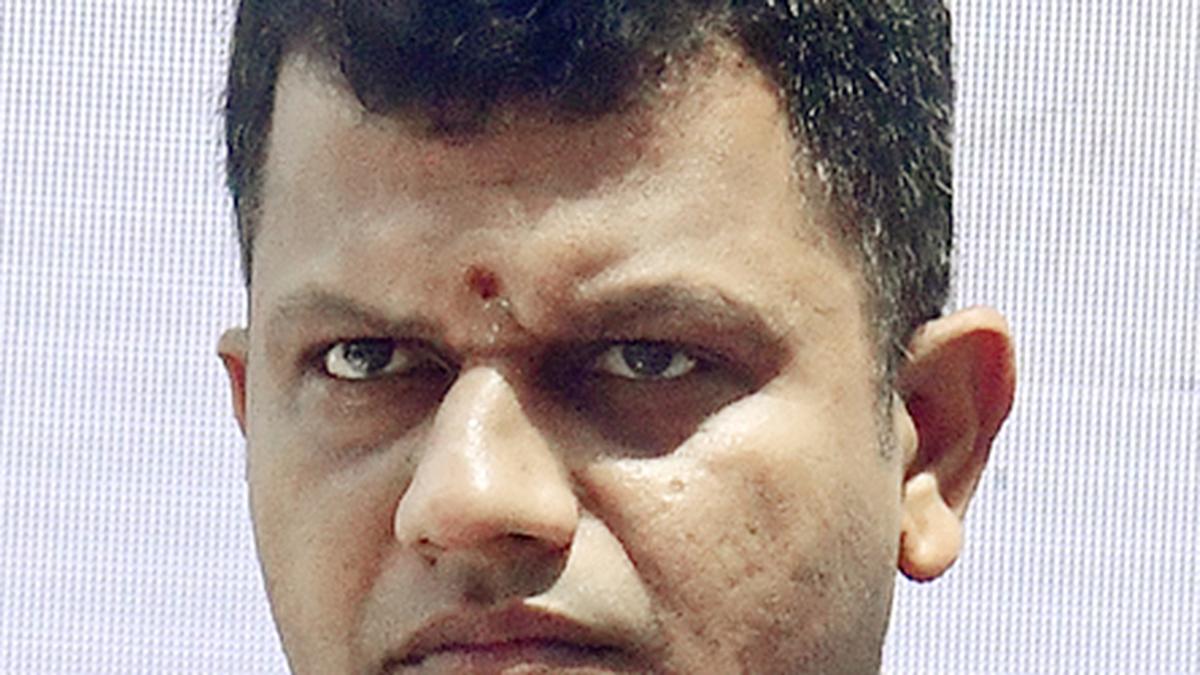
Capt. Chowta seeks coffee board’s support for arecanut growers of Dakshina Kannada to grow coffee
The Hindu
Capt. Brijesh Chowta, Dakshina Kannada MP, has appealed to Union Minister for Commerce and Industries Piyush Goyal to instruct the Coffee Board of India to extend its support and facilities to farmers of Dakshina Kannada to cultivate coffee.
MANGALURU Capt. Brijesh Chowta, Dakshina Kannada MP, has appealed to Union Minister for Commerce and Industries Piyush Goyal to instruct the Coffee Board of India to extend its support and facilities to farmers of Dakshina Kannada to cultivate coffee.
In his October 25 letter, a copy of which was released to the media on Thursday, Capt. Chowta said that arecanut growers in the district are facing challenges owing to declining yield.
“...Arecanut, a vital commercial crop, has been severely impacted by extreme weather conditions, diseases, and pests leading to significant yield loss. To mitigate these risks and diversify their agricultural practices, many farmers in Dakshina Kannada are keen to explore coffee cultivation, given its suitability to the climate of the district...”
He said despite the potential benefits of coffee cultivation, the district lacked the facilities and support provided by the board and the Central Coffee Research Institute, which are readily available to farmers in the neighboring districts (like Chikkamagaluru and Kodagu).
Capt. Chowta said that the board could play a crucial role in promoting coffee cultivation in Dakshina Kannada through training programmes, technical assistance, and market access initiatives. Given the proximity of Dakshina Kannada to traditional coffee growing districts, it is feasible for the board to extend its support and services to the farmers of Dakshina Kannada.
The MP said that while traditional coffee growing regions and neighbouring districts like Chikkamagaluru and Kodagu already benefit from the facilities and support provided by the board, Dakshina Kannada remained underserved, despite being geographically close to the traditional coffee growing districts.
“...I urge you to take steps to ensure that the farmers of Dakshina Kannada have access to the same level of support and resources as their counterparts in neighbouring regions...”

According to the historians, the kingdom was marred by internal strife for power. Despite several hurdles, Ahmad Shah I created an environment that attracted scholars from around the world. Besides promoting art and literature, the Mahmud Gawan Madrasa -an educational institution was established during his rule.

It will comprise 24 sessions across two days and host over 70 speakers from around the globe representing diverse aspects of mentoring to “create a vibrant and connected youth mentoring community that drives evidence-based, innovative mentoring models in the country,” as the release puts it. Some key themes that will be addressed include mentoring and educational policy, designing quality mentoring programmes, decoding the global evidence around youth mentoring, innovations in mentoring etc.









